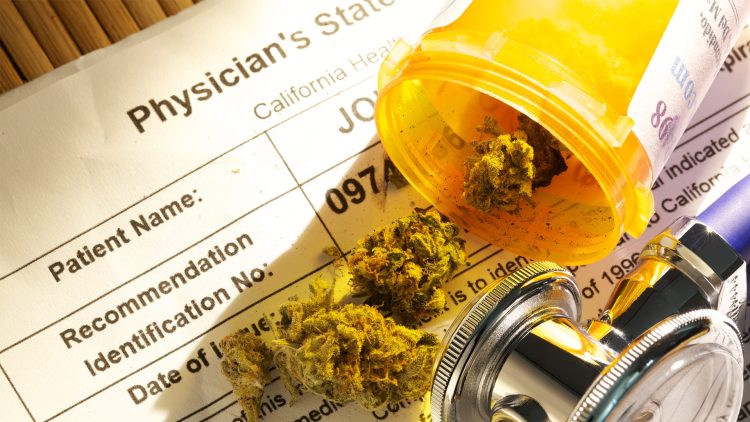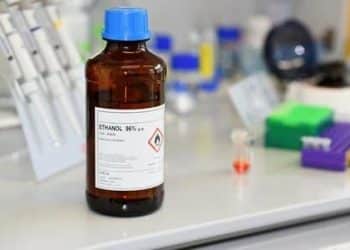Within a handful of years, cannabidiol (CBD) has gone from a fringe product to an international sensation, sparking a fresh wave of medical research aiming to discover cutting-edge therapies.
Since the early days, CBD has rapidly risen into stardom in the minds of consumers, creating an industry worth more than $4 billion. This meteoric rise has not been without obstacles, however. The biggest problem for the hemp industry today is a lack of oversight.
While the Food and Drug Administration (FDA) has approved the CBD-containing drug Epidiolex®, its uses are limited to three rare conditions. Epidiolex aside, the FDA has yet to develop a cohesive set of regulations and rules for the budding hemp industry.
To better understand how CBD interacts with the body, multiple hemp industry leaders, including Columbia Care, CBDistillery, ValidCare and five other companies will participate in an FDA-designed study.
Dr. Rosemary Mazanet, Chief Scientific Officer at Columbia Care, spoke with MACE about the study and its implications for the future of the hemp industry. Although the study was designed by the FDA, the agency itself has not “sanctioned or sponsored the research,” Mazanet explained.
Rather, the eight participating companies will each pay an equal share of the costs to fund the study, with ValidCare acting as a third party to conduct tests. Because the study is observational in nature, ValidCare is looking for participants who already use CBD. The companies are tasked with signing up volunteers for the study out of their pool of customers as well as provide an incentive with discounted products at the end of the study.
I asked Dr. Mazanet what the FDA’s role precisely is?
She explained: “…starting in Q4 of 2019, ValidCare established communication with the FDA and its cannabis work group to better understand the agency’s concerns associated with hemp-derived CBD and liver safety. Through ongoing two-way communication, they provided guidance on the observational protocol as written and affirmed the value of the data to be collected. This is the extent of their current involvement.”
There will be a 60-day window for the FDA to reach a conclusion on the study’s results. When asked if the study will finally move the FDA’s CBD policy, Dr. Mazanet explained that because the FDA has guided the methodology of the study, “we’re confident that the findings will have significant impact.”
So, why does the FDA continue to drag its heels on developing a cohesive policy?
According to Dr. Mazanet, CBD’s interaction with the liver has led to a pause in any FDA ruling. “There is data from research related to a pharmaceutical CBD product, that when administered at high doses in conjunction with other medicines, demonstrated liver issues.”
Also, there is the problem of a lack of human data on hemp-derived CBD since most tests utilize animal data, which has raised eyebrows. For the FDA, the goal is to deem whether CBD poses any significant risk to consumers. And until more testing is completed, it is highly unlikely the FDA will release a CBD policy.
Aside from the FDA, Dr. Mazanet argues that the results of the study are important for consumers because “…millions of Americans are using CBD products today – none of which are currently regulated by FDA or any other body.” She further added, “Consumers are in a position of ‘buyer beware’ and subject to labeling and marketing of both responsible and unscrupulous vendors without indication of which is which.”
For consumers, navigating the hemp industry and its plethora of products can certainly be confusing. To make matters worse, medical research on CBD is all over the place, often creating a saturation effect of sorts.
This current study has the potential to answer some of these pressing questions and could possibly lead to the FDA finally releasing a plan for the rapidly growing CBD market. FDA policy or not, the hemp industry is here to stay for the time being.







![Key Congressional Committee Advances Legislation to Facilitate Clinical Research Studies Using State-Authorized [Cannabis] Products](https://extractionmagazine.com/wp-content/uploads/2020/09/bottles-marijuana-oils-tinctures-75x75.jpg)




